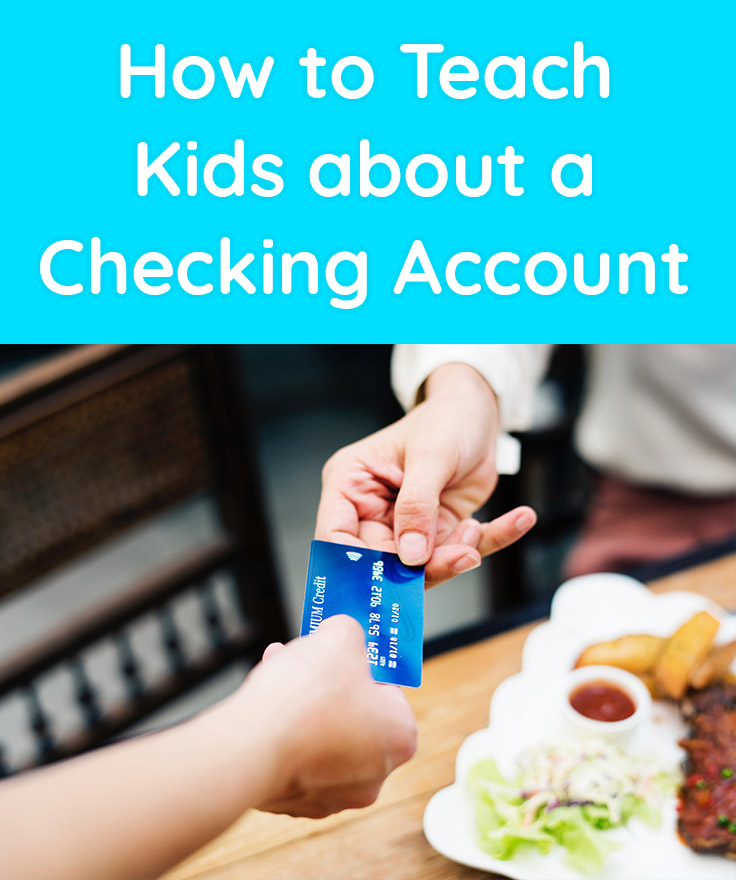finance Archives - Homey App for Families
3 Valuable Skills That Kids Can Learn Through Fundraising
Kids learn a lot by doing and through experiences. There are several childhood experiences that help kids learn useful skills that will benefit them in their adulthood. A key experience that every child should have at least once is some form of a fundraising activity. Fundraising helps teach children valuable life skills that can lay a foundation toward their future.
Why Finance is One of the Most Important Skills for Raising a Family
One of the greatest life skills that you can learn and pass down to your children is how to effectively manage finances. Even if you do not plan on pursuing a career in math or a financial related field, this invaluable skill set will prove beneficial in many diverse ways. Here are four reasons why financial management is one of the most important skills that you can have for raising your family.
How to Pay for College Without Student Loans
If you’re the parent of a high school junior or senior, preparing your child for higher education is likely on your mind. However, the financial burden is what gives many people pause. College can cost tens, if not hundreds, of thousands of dollars. While student loans might seem like a good option for those families who can’t pay out of pocket for their child’s dream school, they can be extremely hard to pay back.
Teaching Investing — How Soon is Too Soon?
If you’re an investor, you probably remember that specific time in your life when something—or someone—sparked your interest in making investments. You probably remember that first time and just how fascinating it was. As an adult, you likely realize that in many ways it’s still a remarkable endeavor, and you most likely want to pass on that interest to your own children. How do you go about doing it? How soon is too soon to teach your kids about investing? Here are some tips for you to consider.
4 Tips for Spending Money on Family Happiness
As a family, you may want to spend money from time to time on things that bring your family joy. Setting a specific budget that allows for expenditures on family happiness is very important.
If you have set up your household budget in a way that doesn’t allow for a little extra spending here and there, well then you should revisit your budget.
Today we are sharing 4 tips for spending money on family happiness. These ideas aren’t what you may have expected.
4 Critical Things You Need to Teach Your Children About Debt
If you want your kids to have a healthy financial future, then it’s important that they learn to make good decisions regarding money while they’re still young. By teaching your children about debt from a young age, they’ll learn to understand how to use good debt to better their futures instead of being caught in the downward spiral of bad debt.
How to Teach Kids about a Checking Account

While most people tend to use debit and credit cards for their daily transactions and bill paying methods, there comes a time for use of a checking account. If you’re old enough, you may recall being taught how to write checks and balance a checkbook. With the current state of technology, many kids are learning about electronic forms of payment and bank accounts rather than the old school checking account methods.
Why Budgeting is the Most Important Skill to Teach Your Kids
 As a parent, there are many life skills you need to teach your children: how to do chores, how to budget, and how to handle their time. All of these skills will come together to ensure your children are able to be productive, efficient adults. Keep in mind that no matter what age your children currently are, it’s possible to give them the skills they need to be self-sufficient adults.
As a parent, there are many life skills you need to teach your children: how to do chores, how to budget, and how to handle their time. All of these skills will come together to ensure your children are able to be productive, efficient adults. Keep in mind that no matter what age your children currently are, it’s possible to give them the skills they need to be self-sufficient adults.
5 Principles to Teach Your Kids About Financial Safety Online
 In today’s increasingly wired world, children and are becoming internet-savvy at earlier ages than ever before. For this reason, it is essential to provide your children with the guidance needed to protect your financial security both now and in the future. Here are five principles to teach your kids about financial safety online:
In today’s increasingly wired world, children and are becoming internet-savvy at earlier ages than ever before. For this reason, it is essential to provide your children with the guidance needed to protect your financial security both now and in the future. Here are five principles to teach your kids about financial safety online:
Teaching Your Child to Get the Most out of Their Dollar
 It’s never too early to start teaching your child about money and the importance of one simple dollar. By the age of 4, most kids are playing with little cash register sets. Many of them are also doing chores for money, collecting coins in their piggy banks, and learning how to buy things. That’s why you’ll want to teach them early that they can buy as much as they can with just a couple dollars. Children who learn the importance of money at a young age take those values with them into adulthood. Here are just a few ways in which you can get your kid to start thinking about the value their dollar holds.
It’s never too early to start teaching your child about money and the importance of one simple dollar. By the age of 4, most kids are playing with little cash register sets. Many of them are also doing chores for money, collecting coins in their piggy banks, and learning how to buy things. That’s why you’ll want to teach them early that they can buy as much as they can with just a couple dollars. Children who learn the importance of money at a young age take those values with them into adulthood. Here are just a few ways in which you can get your kid to start thinking about the value their dollar holds.

